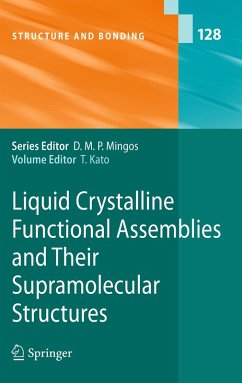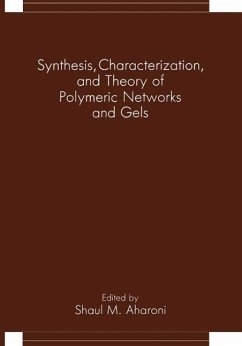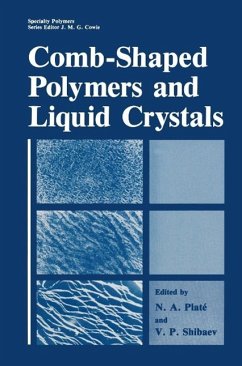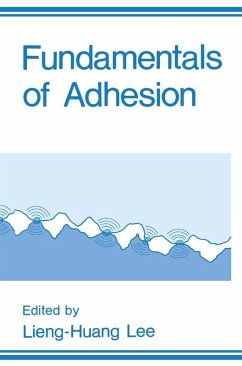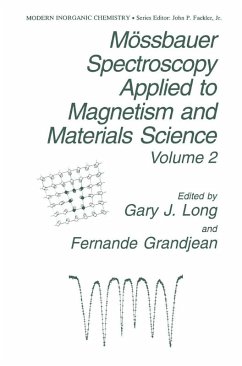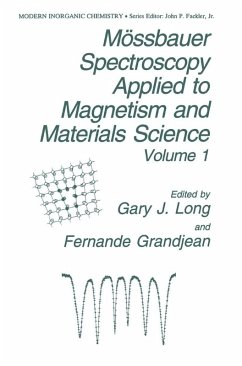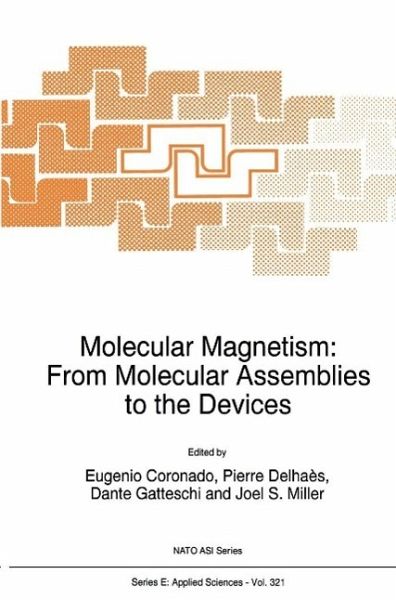
Molecular Magnetism: From Molecular Assemblies to the Devices (eBook, PDF)
Versandkostenfrei!
Sofort per Download lieferbar
392,95 €
inkl. MwSt.
Weitere Ausgaben:

PAYBACK Punkte
196 °P sammeln!
Molecular Magnetism: From Molecular Assemblies to the Devices reviews the state of the art in the area. It is organized in two parts, the first of which introduces the basic concepts, theories and physical techniques required for the investigation of the magnetic molecular materials, comparing them with those used in the study of classical magnetic materials. Here the reader will find: (i) a detailed discussion of the electronic processes involved in the magnetic interaction mechanisms of molecular systems, including electron delocalization and spin polarization effects; (ii) a presentation of...
Molecular Magnetism: From Molecular Assemblies to the Devices reviews the state of the art in the area. It is organized in two parts, the first of which introduces the basic concepts, theories and physical techniques required for the investigation of the magnetic molecular materials, comparing them with those used in the study of classical magnetic materials. Here the reader will find: (i) a detailed discussion of the electronic processes involved in the magnetic interaction mechanisms of molecular systems, including electron delocalization and spin polarization effects; (ii) a presentation of the available theoretical models based on spin and Hubbard Hamiltonians; and (iii) a description of the specific physical investigative techniques used to characterize the materials. The second part presents the different classes of existing magnetic molecular materials, focusing on the possible synthetic strategies developed to date to assemble the molecular building blocks ranging from purely organic to inorganic materials, as well as on their physical properties and potential applications. These materials comprise inorganic and organic ferro- and ferrimagnets, high nuclearity organic molecules and magnetic and metallic clusters, spin crossover systems, charge transfer salts (including fulleride salts and organic conductors and superconductors), and organized soft media (magnetic liquid crystals and Langmuir-Blodgett films).
Dieser Download kann aus rechtlichen Gründen nur mit Rechnungsadresse in A, B, BG, CY, CZ, D, DK, EW, E, FIN, F, GR, HR, H, IRL, I, LT, L, LR, M, NL, PL, P, R, S, SLO, SK ausgeliefert werden.



